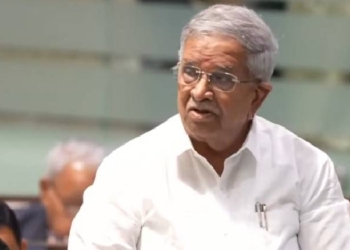New Delhi: The Delhi High Court has held that the State Consumer Disputes Redressal Commission (SCDRC) is vested with both the jurisdiction and authority to enforce its orders, including issuing arrest warrants.
A bench of Justice Sanjeev Narula, hearing a plea filed by the Director of VXL Realtors Pvt questioning the validity of warrants issued against him by the Delhi SSDRC in execution proceedings, held: “Section 72 of the Consumer Protection Act makes it abundantly clear that the objective of the provision is to enforce the orders of Consumer Commissions, by holding a company and its officers accountable for defying the directions of the Commissions.”
Consumer forums are empowered with judicial authority akin to that of a Judicial Magistrate of the first class for the purpose of executing their directions, it said.
In March this year, the Delhi SCDRC had directed the respondent company to refund the entire amount paid by the complainant, with interest, along with compensation and litigation costs.
The petitioner argued that the alleged acts of deficiency of service and unfair trade practice took place from 2010 to 2013, and he was not appointed as a Director of the respondent company until 2020.
The petitioner added that he had been suffering from mild microvascular chronic ischemic disease, seizure disorder, hyponatremia, hypomagnesemia, cholelithiasis, hypertension and Type II diabetes mellitus since 2019, and was not in charge of the everyday affairs of the company at the time of the commission of the offence.
In its judgment, the Delhi High Court said that the issuance of arrest warrants against the directors of the judgment-debtor company for compelling compliance is well within the ambit of the statutory framework of the Consumer Protection Act.
“The issue at hand is not the assessment of personal liability for the initial acts of deficiency in service, but the responsibility for ensuring compliance with the SCRC’s final order. As a director of the Company at the time of the enforcement proceedings, the petitioner had a legal obligation to ensure that the company complies with the SCDRC’s directives,” it said.
“The petitioner’s role as a director, places upon him an obligation to ensure that the company complies with the order of the SCRC, failing which he becomes liable under the provisions of the Consumer Protection Act,” added the Delhi HC.
Dismissing the petition, the court said that the petitioner’s arguments were unconvincing, and the law clearly assigns him the duty to comply with the SCDRC’s orders.
(IANS)
















